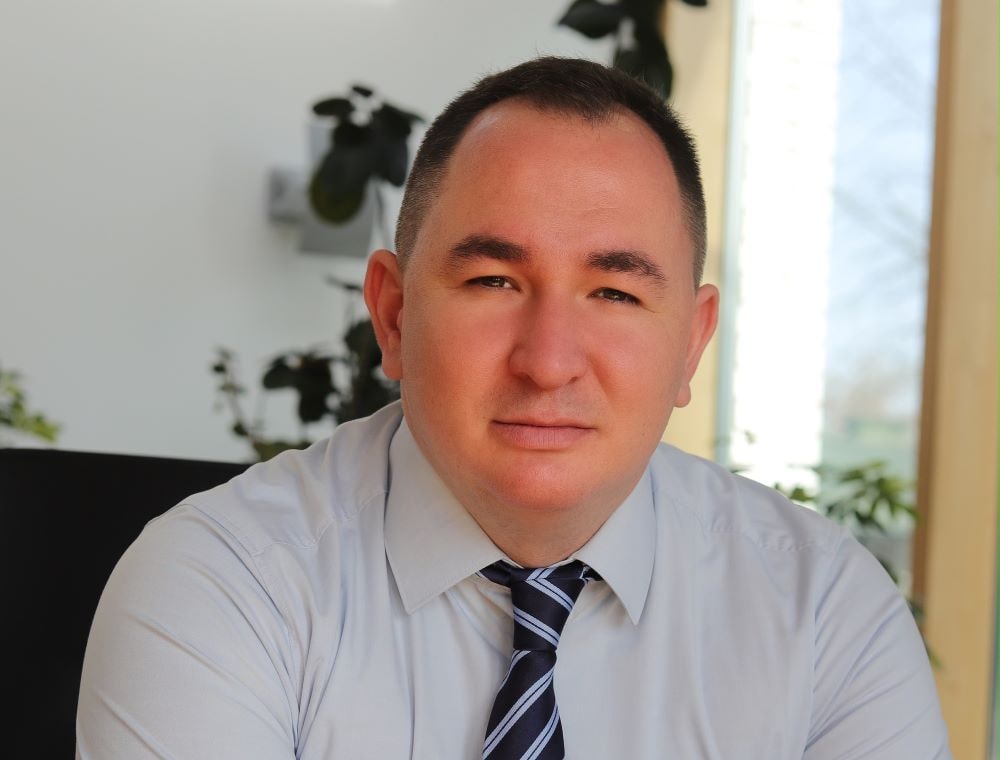Livestock transport in a gentle and transparent way - Hunland will be even stricter than the regulations
EnglishHunland is not waiting for a change in the EU regulations but is developing, in its own competence and in cooperation with animal welfare NGOs, much stricter animal welfare rules for the transport of farm animals than the current regulations, said a Board member after an EU hearing. As a first step, the long-term transport of unweaned calves will be banned from August, but professionally trained animal welfare officers and body cameras can also come later.
Hunland is implementing a new animal welfare practice in the field of animal transport after the company, which is also active in Hungary, took part in an E hearing on the subject.
The event organised by the European Parliament's ANIT Committee of Inquiry, a body for the protection of animals during transport, and held in early March was attended by the EU decision-makers, by animal welfare NGOs and by companies active in the sector. At the constructive event, despite seemingly contradictory points of view, the parties agreed on the need to further improve the EU's animal welfare situation during transport and to call for even more humane methods in this area.

Hunland places great emphasis on animal welfare aspects also currently and is ready to take further steps to develop an animal transport practice that is truly sustainable and reassuring for all
said Péter Hencz, member of the Board of Hunland Group and Managing Director of Hunland Trans Kft. at the event.
Photo, video, body camera
The expert added that the situation of animals as well as companies and workers in the sector will be better if those involved do not look for faults but actively work to ensure that animal welfare considerations are met during transportation.
To this end, the corporate group proposes to introduce an image and video documentation obligation during certain phases of transport, such as loading, unloading and resting.
The company will also begin training animal welfare officers to oversee the process during transportation, and would also inspect drivers. In addition, the company manager suggested that the body cameras and webcams of the participants in transport could be used to transparently monitor the transport of the animals so that their treatment could be checked.
Following the event, Péter Hencz stated:
It is clear to Hunland that it will not wait for changes in regulations at national and EU level, but it will introduce significantly stricter rules than the official animal welfare standards in its own area, which it strictly observes during transportation and also shares its experience with animal welfare organisations that express their interest.
Long-term transport of calves is discontinued
As one of the first steps, the company group will not transport unweaned calves, i.e. calves younger than 90 days, in a long term from 1 August this year, i.e. Hunland will ban the transport of calves that are not yet able to live independently for more than 8 hours.
By doing so, the company is embarking on a more lenient practice than the animal welfare regulations which are quite strict internationally. The current regulations allow the long-term transport of calves as early as from the age of 14 days. In the months leading up to the introduction, all Hunland partners will be able to prepare for a practice that will change significantly from August, which will be a decisive step in animal trading.
They do not follow but shape the rules
Péter Hencz said about the decision: Hunland's goal is to actively bring to life a humane and transparent animal transport practice, not by following the rules but by shaping them, in cooperation with the animal welfare organisations.
The ban on long-term transport of unweaned calves is only the first step in this regard. The Hunland Group will take further pioneering steps in the field of animal welfare in consultation with experts, animal welfarists and partners.
The Hunland Group, which started as a small family business in Dutch ownership, is now one of the most important agricultural players in Hungary. Originally limited to the livestock trade, the company is now also regarded as a serious agricultural producer, with large capacities in beef cattle, milk production and feed production. However, the company's main activity is still the export of livestock: in this field Hunland is a significant player in the Mediterranean region, in the Middle East, in Russia and in the surrounding countries.
